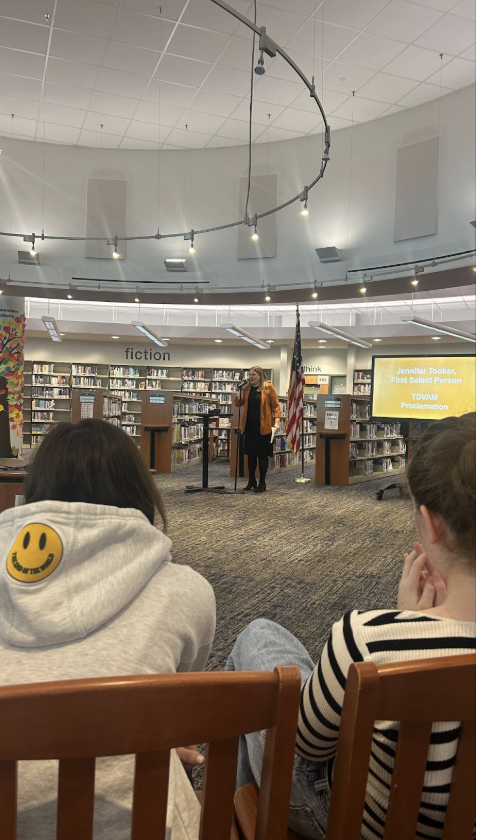It’s a typical Sunday night for the average Staples student, sitting on his or her computer, just finishing up his or her homework, taking a casual stroll along his or her news feed. Picture after picture flashes before him or her, each familiar face accompanied by 100-200 likes.
It’s time to face the fact that we live in a world where a default picture can get up to 50 likes in two hours. Let’s face it. Likes mean more to us than we’re willing to admit.
It’s no secret that the act of “liking” pictures on Facebook has become increasingly more popular. While it was thought that Instagram was the app dedicated to ‘liking’ photos, it has recently made its transition into the social-networking site.
While scrolling along Facebook’s news feed, it’s guaranteed to find a plethora of profile pictures with 100-200+ likes. There’s no way people have that many friends. So what’s the real motivation behind liking people’s profile pictures?
“I always like my friends’ pictures just so they get a lot of likes!” says Ruby Steinberg ’14. That makes up only about half of them, which leaves the other 50 percent inexplicable.
“I like people’s profile pictures to get likes on my profile picture!” says Cara McNiff ’14. “But it never happens. Well – it rarely happens,” she adds with a laugh.
People like McNiff are frequent in the world of Facebook, most commonly found in the underclassmen. The freshman girls’ group is rumored to have multiple posts asking for ‘like for like’s, sharing their profile picture, or just asking people to check it out.
“Sometimes people choose a profile picture that has friends in it to increase the amount of likes they get,” says Jane Levy ’16. “I’m not entirely sure why likes matter so much.”
The last profile picture of Zoe Googe ’13 was of her hugging an egg in reference to her last Facebook name ‘Egg Luvr’ – and it got 160 likes.
“I am friends with most of the people (who like my photos),” says Googe. “But there are some repetitive strangers that always seem to like the majority of my photos. I don’t see it as very weird since I’m sure they’re just being nice. Likes don’t mean much to me, but I guess its kind of nice to know people are appreciating my pictures.”
Contrary to Googe, the majority of Facebook users know what will get likes, and will post accordingly.
Kendall Rochlin ’15 got a whopping 443 likes on her profile picture with Justin Bieber. “Usually if it’s with Justin Bieber, I’ll set it as my profile picture,” reveals Rochlin.
When not with a celebrity, why should ‘likes’ matter so much? Since when did a simple button become the deciding factor in how socially accepted people are?
Most Staples students agree that ‘likes’ shouldn’t define anything about social status and that they are essentially stupid. Steinberg says, “People feel like it’s a competition, but in reality no one cares and it doesn’t even make a difference.”
Maddy Rozynek ’14 agrees, adding that “People will try and get more likes on their profile pictures to feel like they have a ton of friends. It’s literally a competition among people sometimes, and it’s crazy because people you don’t even know will end up liking your profile picture all due to a ‘share’ on their news feed.”
The student body agrees that ‘likes’ are stupid and shouldn’t mean anything, yet they have such an impact on the self-esteem of others.
Although setting statuses on Facebook is long outdated, at least the ‘likes’ on those were based on the quality of the content included, similar to favorites on Twitter. Liking a tweet is solely driven by what is said, rather than the promised ascension of the social ladder.
Hopefully, like the trend of constant status updates, this ‘liking’ trend will blow over, and Facebook’s continuously demeaning reputation of being ‘stupid’ will return once again.













































